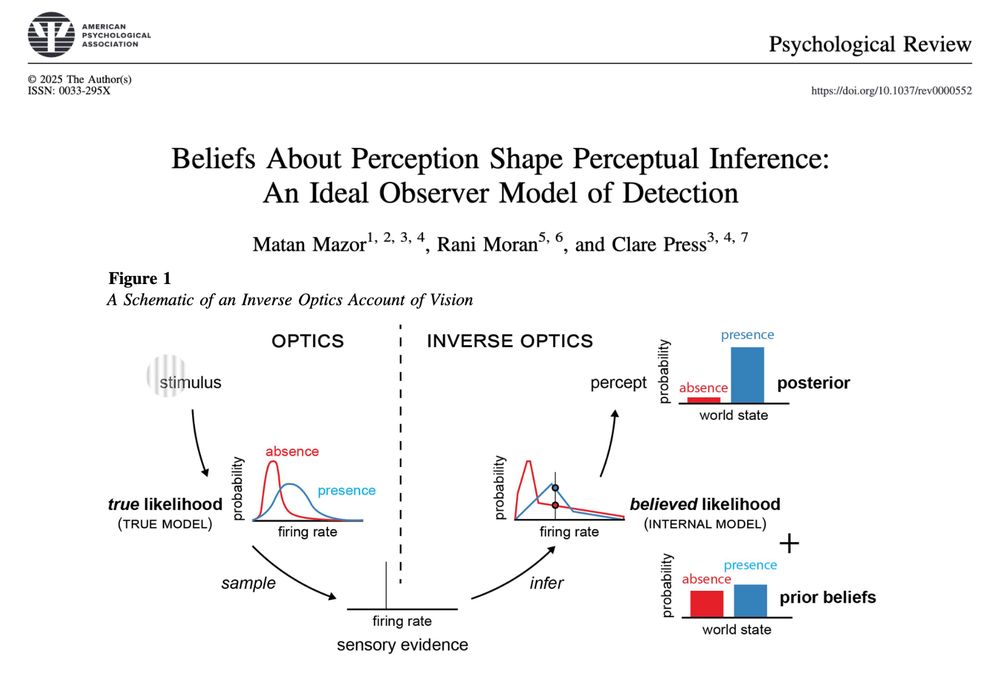Dr. Angelica Lim
@petitegeek.bsky.social
3.3K followers
1.5K following
260 posts
Computing Science prof in multimodal embodied AI, emotion, interaction at SFU in Vancouver 🇨🇦🇵🇭 Director of the Rosie Lab www.rosielab.ca Robotics nerd. Previously at SoftBank Robotics 🤖 FR/JP
Posts
Media
Videos
Starter Packs
Pinned
Dr. Angelica Lim
@petitegeek.bsky.social
· Jun 27
Reposted by Dr. Angelica Lim
Reposted by Dr. Angelica Lim
Reposted by Dr. Angelica Lim
Reposted by Dr. Angelica Lim
Reposted by Dr. Angelica Lim
















